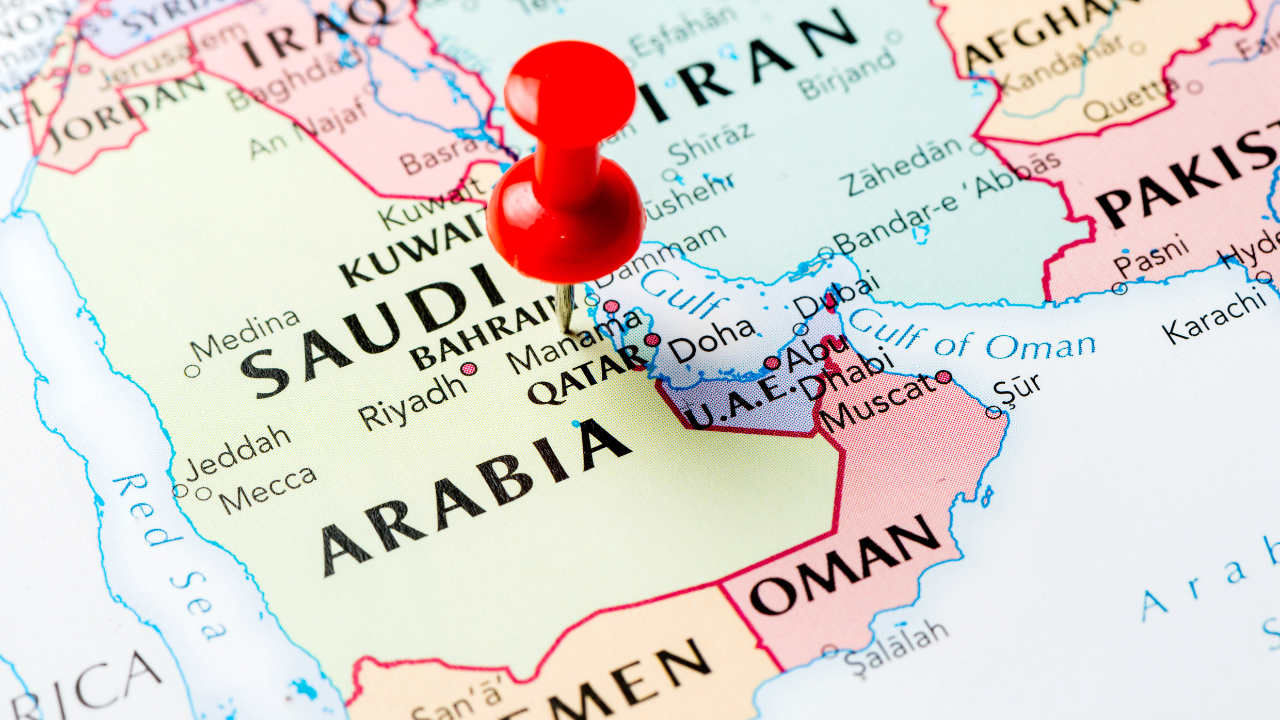Oil-rich Saudi projects budget deficit through 2027

Map of Saudi Arabia | STOCK IMAGE
RIYADH, Saudi Arabia — The Arab world’s biggest economy Saudi Arabia announced Monday it anticipates a budget deficit of 2.3 percent of GDP in 2025, projected to continue over the following two years.
The Gulf kingdom is engaged in a years-long economic reform drive seeking to reduce its dependence on oil and boost its tourism and business sectors.
It cited increased government spending and lower oil revenues for the budget outlook.
“In fiscal year 2025, the budget is anticipated to record a deficit of approximately 2.3 percent of GDP,” the Saudi finance ministry said in a preliminary projection.
“The deficit is likely to continue at similar levels over the medium term,” it added.
READ: Saudi Arabia announces coalition to push for Palestinian state
The deficit is projected to hit 2.9 percent of Saudi gross domestic product in 2026, and 3.0 percent in 2027, the ministry said, citing “the government’s strategic expansionary spending policies that foster economic diversification and sustainable growth.”
In 2025, government expenditures are projected to rise to around 1.3 trillion riyals ($342.6 billion), according to the finance ministry, while revenues would see a 4.3-percent decrease.
The ministry’s estimates put total government revenues for 2025 at approximately 1.2 trillion riyals, which would create a deficit of 101 billion riyals.
Saudi Arabia, the world’s largest crude oil exporter, has enacted a series of production cuts since 2022 in a bid to hike prices.
READ: DMW to unpaid Saudi OFWs: Be patient, claims out soon
It currently produces around nine million barrels per day, well below its declared capacity of 12 million bpd.
Largely state-owned oil giant Saudi Aramco saw its 2024 first-quarter net profit dip 14.5 percent on-year, followed by a 3.4-percent decrease in the second quarter.
Real GDP is expected to grow this year by 0.8 percent “driven by an estimated 3.7-percent increase in non-oil activities,” the finance ministry said.
Under Crown Prince Mohammed bin Salman, the kingdom’s de facto ruler, Saudi Arabia has invested hundreds of billions of dollars in mega-projects like the planned futuristic desert city NEOM and major tourism and leisure developments.